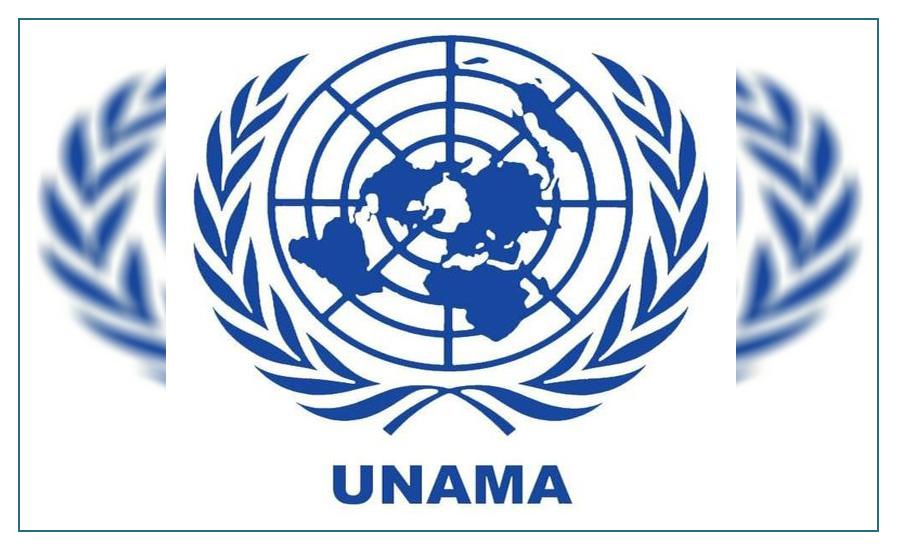KABUL (Pajhwok): The United Nations Assistance Mission in Afghanistan (UNAMA) has called upon the country’s de facto authorities to take immediate steps to end violence against women and the broader deterioration of women’s rights as a vital part of efforts to establish a meaningful and sustainable peace.
The world marks the International Day for the Elimination of Violence against Women and the start of the global 16 Days of Activism against gender-based violence.
Since the summer of 2021, women in Afghanistan have had many of their most fundamental rights restricted or rescinded in a country that has one of the highest rates of violence against women globally.
Afghan women have also experienced a marked deterioration in access to coordinated, comprehensive and quality services for survivors of gender-based violence. At the same time, the demand for those services is higher than ever before.
“The fundamental rights of Afghan women need to be protected and concrete steps need to be taken for an enabling environment which is free from all forms of violence,” said Roza Otunbayeva, the Secretary-General’s Special Representative for Afghanistan.
“Protecting the rights of women is a crucial factor for stability, prosperity and any lasting peace in Afghanistan” said Otunbayeva, who is also head of the UN Assistance Mission in Afghanistan (UNAMA).
The situation is exacerbated by a dire humanitarian and economic crisis, and the restrictions on women’s fundamental rights, including the freedom to move, work, seek education, and participate in public life.
These factors have combined to reinforce some traditional social norms that condone the use of violence as a form of discipline and control, creating an environment where violence against women and girls is normalized.
In the absence of laws and policies that protect and promote gender equality and women’s rights, and the introduction of decrees and edicts that contribute to systematically erasing women from public and political life, the underlying social norms that perpetuate inequality have been emboldened.
“Each day we continue to see the normalization of violence against women and girls, in their homes, places where they are allowed to work, online, and in public spaces,” said Alison Davidian, UN Women’s Representative in Afghanistan.
“Globally we know it is impossible to create an environment where women and girls are free from violence without also having specific interventions to empower them, including initiatives to support their voice, agency and participation in the decisions affecting their lives.
We need to renew our efforts to invest in both the protection and empowerment of women and girls in Afghanistan.”
The UN in Afghanistan is working to address gender-based violence, including responding to the differentiated needs of vulnerable women and girls, amplifying the priorities and influence of women, direct support and funding to service providers and civil society organisations working to eliminate all forms of violence, prevention and response programmes, and advocacy with key national and international stakeholders.
The 16 Days of Activism against Gender-Based Violence is an annual international campaign that starts on 25 November and ends on 10 December, International Human Rights Day.
It calls for global action to increase awareness, strengthen advocacy efforts and share knowledge and innovations to end gender-based violence everywhere.
nh








GET IN TOUCH
NEWSLETTER
SUGGEST A STORY
PAJHWOK MOBILE APP